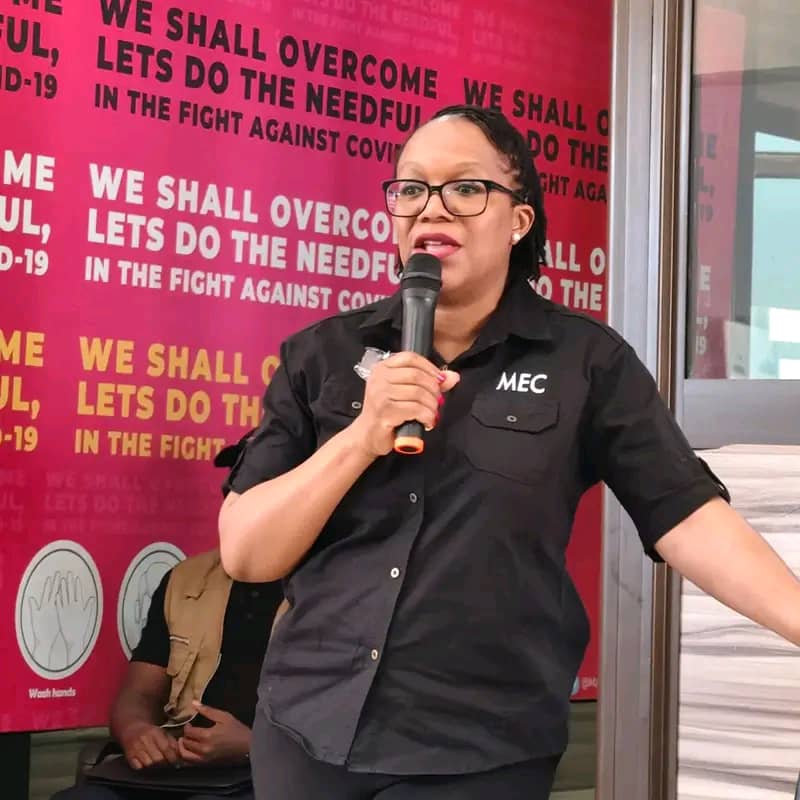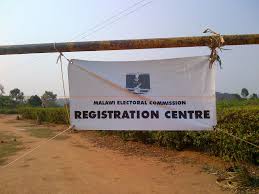By Burnett Munthali
The recent formation of a Commission of Inquiry into the alleged environmental and economic degradation of Chikangawa Forest has raised serious concerns regarding the impartiality and efficacy of the investigation. President Lazarus Chakwera’s administration has filled the commission with individuals closely linked to the Malawi Congress Party (MCP) and his inner circle. This pattern of political appointments poses significant risks not only to the credibility of the inquiry but also to the future of Malawi’s vital natural resources.
Background: The importance of Chikangawa Forest
Chikangawa Forest, known for its biodiversity and economic potential, has been a source of timber and other resources essential for both local consumption and export. However, the forest has faced severe degradation due to deforestation, illegal logging, and mismanagement. The commission was established with the hope of addressing these issues and ensuring accountability for the ongoing exploitation of this critical asset.
Political appointments: A pattern of favoritism
The composition of the commission raises alarming questions about its independence. With a significant number of commissioners having ties to the MCP or benefiting from the Chakwera administration, there is a palpable concern that political interests will overshadow genuine investigative intent. The public’s wariness of this appointment strategy has been amplified by past inquiries that have also been marred by similar accusations.
The involvement of individuals like Dr. Sunduzwayo Madise, a prominent figure known for his loyalty to the MCP and previous positions in Chakwera’s administration, exemplifies the potential conflict of interest. Dr. Madise’s history of supporting the administration raises legitimate doubts about his ability to approach the inquiry impartially, as he may be reluctant to challenge the very regime that has elevated him.
Economic consequences of a biased inquiry
The economic ramifications of a compromised inquiry could be profound. Chikangawa Forest is a vital economic asset; its degradation has already led to substantial losses in revenue and resources. If the commission fails to hold accountable those responsible for the forest’s decline due to political bias, the situation may worsen, jeopardizing not only the environment but also the livelihoods that depend on it.
The urgency for sustainable forestry management has never been more critical. However, if the commission, swayed by MCP influences, neglects to address the root causes of deforestation—such as governmental mismanagement and exploitation by private entities—Malawi’s environmental policies will continue to lag behind. This could lead to irreversible damage to Chikangawa Forest and exacerbate economic challenges faced by the country.
Echoes of previous commissions
This inquiry mirrors past commissions, such as the one related to the death of Vice President Saulos Chilima, where political connections raised skepticism regarding their impartiality. The Chilima inquiry was criticized for its lack of transparency and perceived shielding of influential individuals. The similarities in the makeup and operational methods of these commissions suggest that the Chikangawa inquiry may similarly be perceived as a façade rather than a legitimate effort to seek accountability.
The way forward: Emphasizing transparency and accountability
To regain public trust, the commission must commit to transparency and actively involve independent environmental organizations not aligned with the government. This could include conducting open hearings and welcoming input from various stakeholders. Such measures would help demonstrate that the inquiry aims to confront systemic issues surrounding the degradation of Chikangawa Forest.
As Malawi approaches the 2025 elections, the outcomes of this inquiry could significantly influence public perception of the Chakwera administration. Citizens are increasingly seeking genuine accountability and sustainable solutions to environmental challenges. If the commission falls short, it risks deepening political divides and eroding trust in governmental institutions.
Conclusion
Ultimately, a commission dominated by MCP loyalists faces an uphill battle in dispelling accusations of bias. The onus lies with the commissioners to assert their independence and dedication to addressing Malawi’s long-term environmental sustainability. Only through transparent practices and an unwavering commitment to justice can this commission hope to fulfill its mandate and restore public confidence in Malawi’s governance. Failure to do so would not only represent a missed opportunity to protect Chikangawa Forest but could also further entrench the perception of an administration more interested in political allegiance than in the welfare of the nation’s resources.




